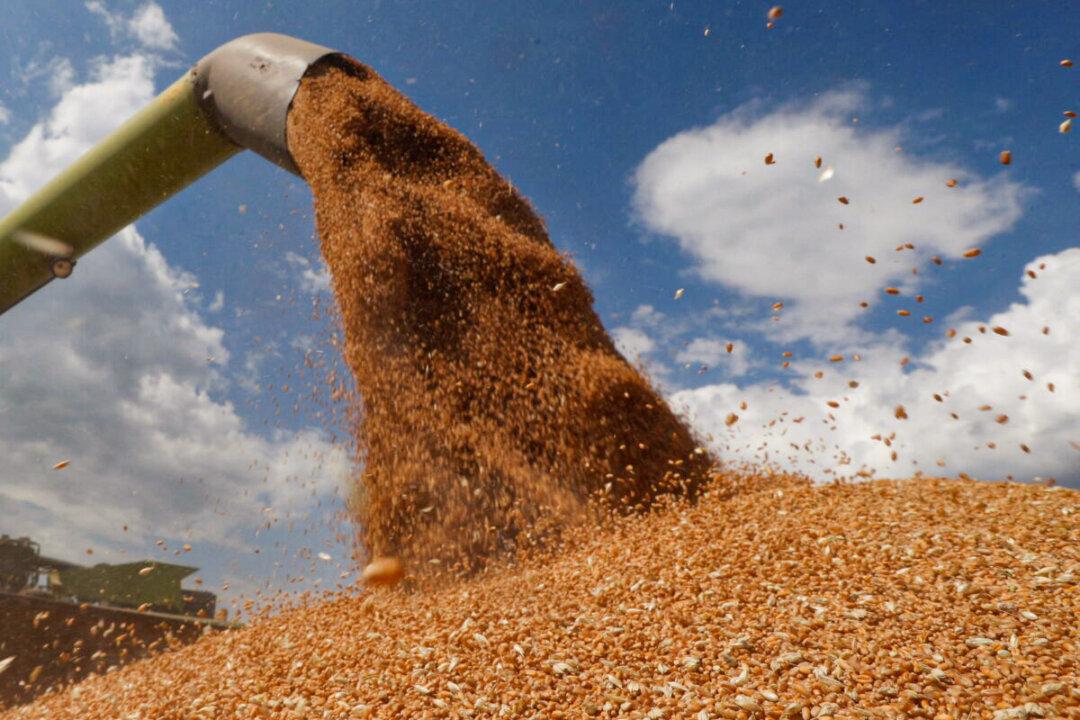The UN Food and Agriculture Organization (FAO) reported on March 11 (pdf), that international food and feed prices could rise by up to 22 percent due to the conflict in Ukraine, which may lead to a rise in malnourishment in less developed countries.
Total global food output has fallen since the Russian invasion of Ukraine in late February, resulting in a sudden and steep reduction of food from exporting nations.
Food prices have already been going up since the CCP (Chinese Communist Party) virus pandemic hit in 2020.
Several food exporting nations worldwide are announcing additional food export restrictions, or are considering bans to protect their domestic supplies.





